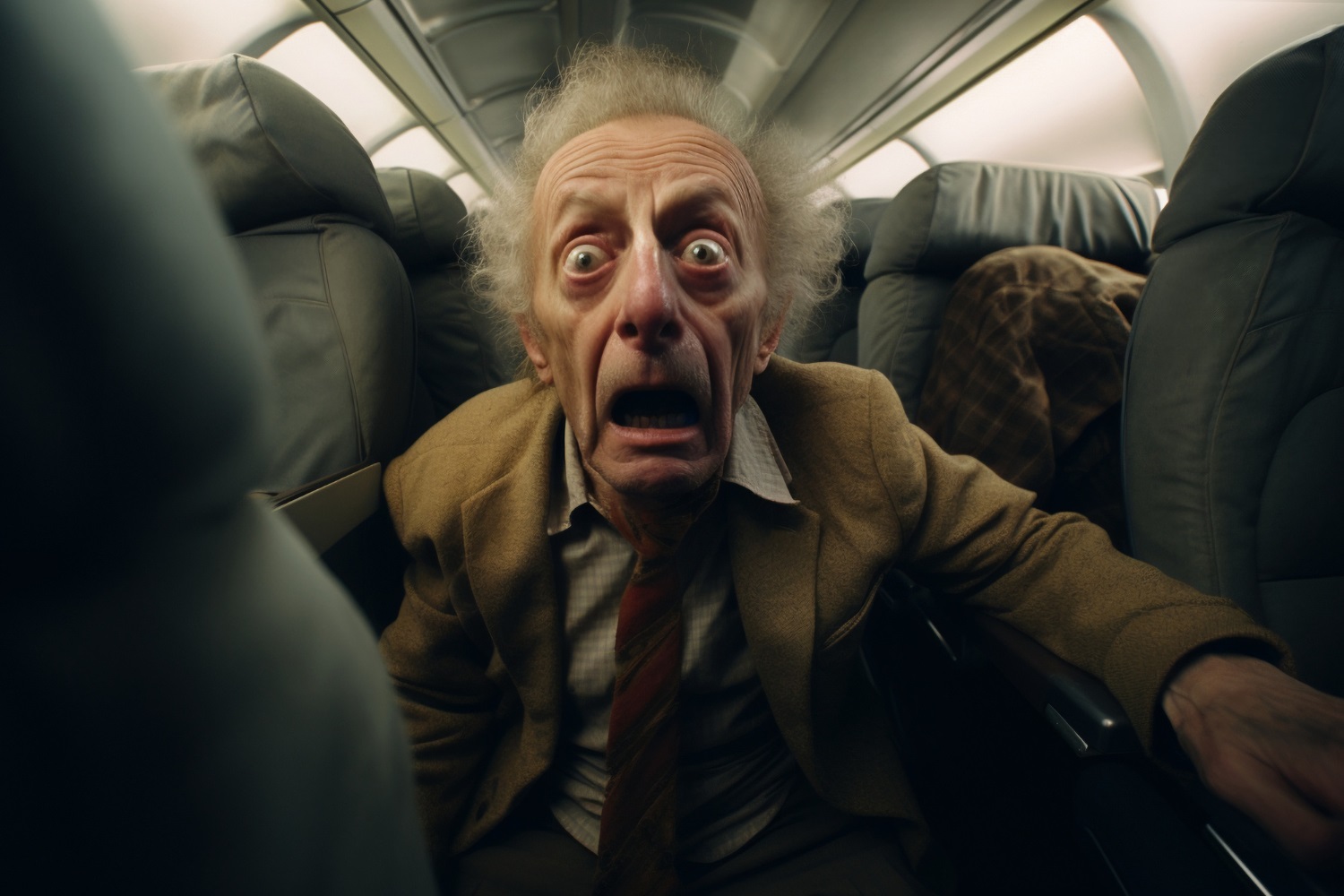Image source: Freepik

I told Allan not to brake too sharp when driving the Uber.
Allan Erlick—featured in Louis Theroux’s *Gambling in Las Vegas* as the flamboyant high-roller nicknamed **“The Mattress King”**—was a successful Canadian businessman from Toronto, known for his mattress empire. In the episode, Theroux follows Erlick as he plunges into the electric world of the Las Vegas Hilton, gambling vast sums, reveling in free executive treatment, and embodying the mythical “whale”—a gambler with virtually limitless stakes.
**The Mattress King Takes on Vegas**
“Mattress King”: it wasn’t just a clever moniker—it signaled his status. Erlick flew in from Toronto, enticed by the thrill. He was granted one of the Hilton’s top suites, complete with a butler, as casinos often roll out the red carpet for whales. He even claimed to wager up to \$250,000 in a single day.
At one point, we see him juggling two \$5,000-a-spin slot machines—losing relentlessly as Louis, betting tiny amounts, edges forward. Erlick’s response when Louis asks why he doesn’t stop: “Gamblers never stop.” It’s a taut, simple line—but revealing. The episode famously ends with Erlick leaving in a limousine, looking utterly spent—like a man drained of all energy after the high-stakes ride.
**How the Episode Made Him Infamous—and Famous**
Short sentences. Sharp contrasts. He was rich. Then he gambled.
The episode created a fleeting celebrity. Erlick became a kind of legend among viewers: this hyper-wealthy Canadian, betting fortunes at a moment’s notice. It was compelling and disturbing all at once: wealth set free, and then lost. The documentary didn’t just document—it humanised. One minute he was the king of a mattress kingdom; the next, he was chasing wins and dodging losses.
The portrayal framed him as both glamorous and tragic. It revealed the fine balance—how casinos cultivate loyalty while gambling can erode fortunes. Erlick came to symbolise the duality of glamour and grief.
**What Happened After Vegas?**
Rumours swirled.
Some say Erlick sold his mattress company in or around 2009—possibly weighed down by gambling debts or economic pressures. Others believe he maintained some connection to the mattress business, staying active behind the scenes.
Online chatter only deepened the mystery. Some claimed he was spotted driving Uber in Toronto—though not necessarily out of financial desperation. A few suggested he only did it a handful of times each year, more for something to do than for income. Friends from the Vegas world even hinted that this was true, that it was simply a way to pass the time after stepping back from the intensity of business and high-stakes gambling.
The result is a picture both contradictory and strangely human: a man who once commanded casinos, later perhaps content with the simple act of picking up passengers.
**The Human Cost—and the Lesson**
Compelling. Short. Long. Emotion.
What strikes most is how fame can become a double-edged sword. The documentary thrust Erlick into the spotlight—within it, he was free; outside, he was followed by rumours.
Driving Uber undercover? Maybe he needed purpose, not pay. Selling the company? Maybe he needed distance. Gambling losses? Addiction? Or just bad luck?
He represents the volatility of high-stakes living: the euphoria of excess, and the void that often follows. Louis Theroux captured it perfectly—casinos built their world on big spenders. But those spenders still leave defeated. Erlick’s limo departure from Vegas marked the end of a high-octane weekend; the next chapters of his life remain murky.
Maybe he’s quietly running a business. Maybe he sometimes drives an Uber. But regardless, the episode made him immortal in a way—an enigma. A cautionary emblem of glamour and risk.
I Hope All Is Ok, Allan
Where Is He Now?
To date, there’s no confirmed public account of Allan Erlick’s current life. The prevailing image is that of a man who once ruled his own kingdom of mattresses, chased high-roller thrills in Vegas, and later—or perhaps occasionally—drove an Uber for simple contentment, not necessity. He remains a figure both famous and blurred—his legacy defined by a single, unforgettable documentary.
In the end: we still ask, quietly—in the back of our minds— Where is Allan Erlick, really?
Photo: Freepik


 Louis Theroux’s 2007 BBC documentary Gambling in Las Vegas offers a compelling exploration of the city’s high-stakes gambling culture. Set in the iconic Las Vegas Hilton—once the largest hotel in the world and a venue where Elvis performed over 800 sold-out shows—the film delves into the lives of gamblers, casino hosts, and the intricate dynamics that fuel the city’s allure.
Louis Theroux’s 2007 BBC documentary Gambling in Las Vegas offers a compelling exploration of the city’s high-stakes gambling culture. Set in the iconic Las Vegas Hilton—once the largest hotel in the world and a venue where Elvis performed over 800 sold-out shows—the film delves into the lives of gamblers, casino hosts, and the intricate dynamics that fuel the city’s allure.